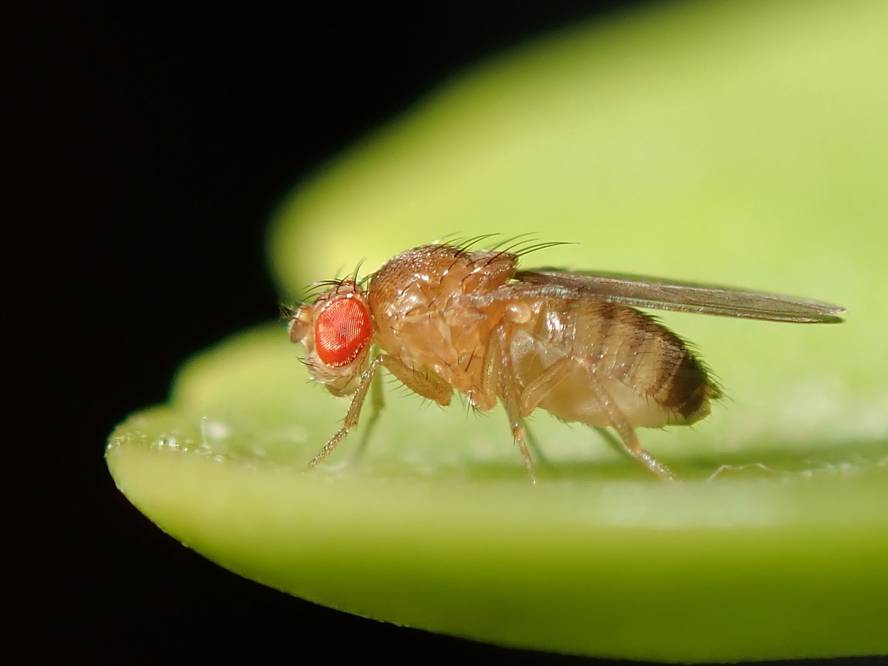Explain why low consumption prolongs life in laboratory animals

Researchers from the University of Xiamen (China) have shown that an ingredient in bile, lithoic acid, has the ability to extend the life of fruit flies and nematodes (Caenorhabditis elegans). As the mice have seen, the reduction in calories means an increase in the level of lithocolytic acid, which generates an AMPK protein. This protein rejuvenates the muscle and improves its function.
Experimentally, researchers have fed fruit flies and nematodes with lithococcal acid. And it's been proven that this coddle survived in excess of those who didn't eat. The study, published openly in the journal Nature, warns that in humans it has not been proven that lithoscopic acid has this effect. Moreover, in high doses it can be toxic.





